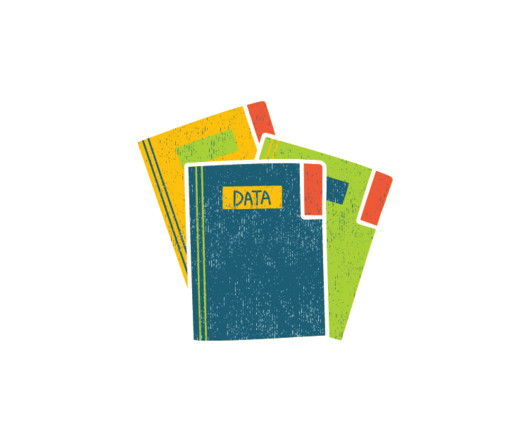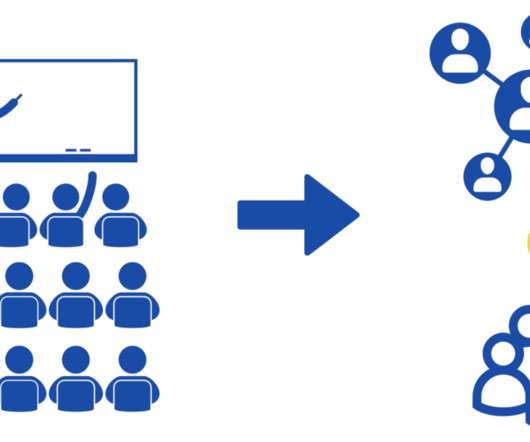Shift to Leveraging Formative Assessment for Metacognition
Catlin Tucker
MAY 20, 2023
How can formative assessment data help students to develop their metacognitive skills? Formative assessments are ongoing assessments embedded throughout the learning process. These informal assessments provide information to the teacher about students’ understanding of the material being covered and the skills being introduced.













Let's personalize your content